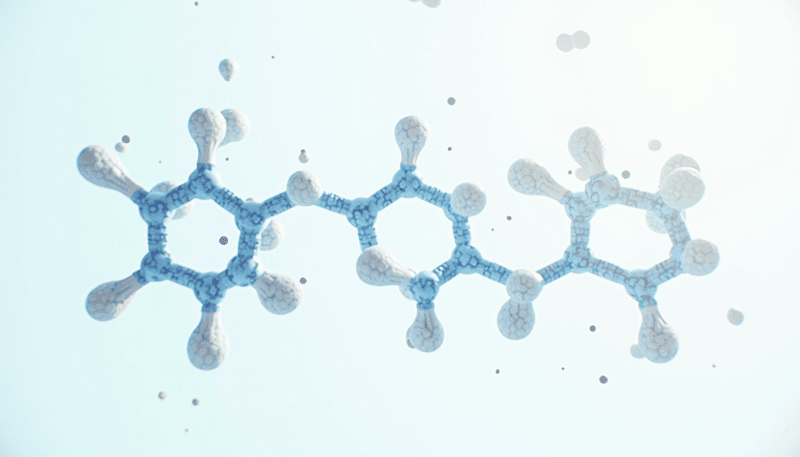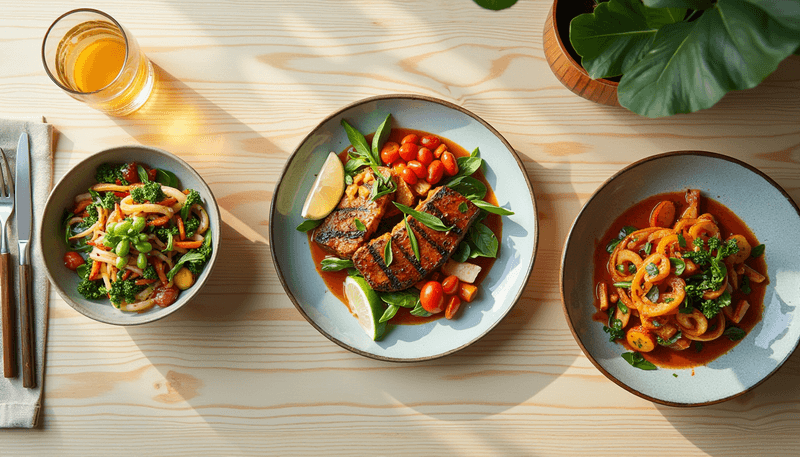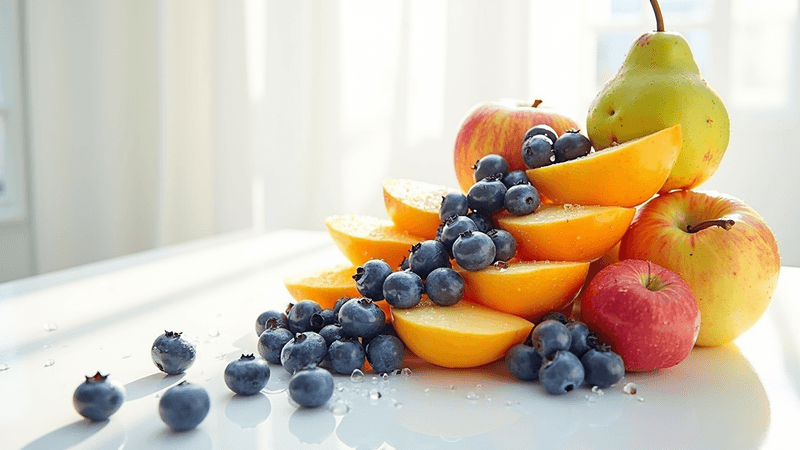Soy Safety Facts Every Woman Should Know

As a healthcare professional who regularly counsels women about menopause, I've noticed a recurring theme: confusion and concern about soy foods. Many of my patients ask whether adding soy to their diet will affect their hormones or increase their cancer risk. A groundbreaking new study published in Research Square (https://www.researchsquare.com/article/rs-3857624/latest) finally provides clear answers about soy's effects on women's bodies during menopause.
Soy Doesn't Act Like Estrogen in Your Body
First, let's address the biggest concern many women have. The research shows that soy isoflavones - the active compounds in soy - don't behave like estrogen in your body. Think of it this way: while both a key and a decorative paperweight might be made of metal, they serve completely different purposes. Similarly, while soy isoflavones and estrogen might share some chemical similarities, they interact with your body in fundamentally different ways.
Have you ever avoided soy foods because you were worried about their hormonal effects?
The study found that consuming soy isoflavones didn't significantly affect any of the four key markers that typically change with estrogen exposure: endometrial thickness, vaginal tissue health, follicle-stimulating hormone levels, or estradiol (a form of estrogen) levels. This is particularly reassuring for women who are interested in incorporating more plant-based proteins into their diet but have been hesitant due to concerns about hormonal effects.
Safe and Beneficial Daily Amounts
The research examined soy isoflavone intake ranging from 36 to 154 mg per day, with most studies using around 75 mg daily. To put this in practical terms:
- One serving of traditional tofu (about 3 ounces) contains approximately 20-25 mg of isoflavones
- A cup of soymilk provides about 25-30 mg
- A serving of edamame (steamed soybeans) contains roughly 25 mg
What's stopping you from adding one serving of soy foods to your daily meals?
This means you can safely include 2-3 servings of whole soy foods in your daily diet. Not only is this amount safe, but research suggests it may help with:
- Managing menopausal symptoms
- Supporting heart health
- Maintaining bone density
Environmental and Economic Benefits
Perhaps one of the most compelling insights from this research is the broader impact of choosing soy-based proteins. Soy foods offer a unique combination of benefits:
- High-quality protein comparable to animal sources
- Lower environmental impact than animal proteins
- Cost-effective nutrition, especially important given rising food prices
Think of it as a win-win-win situation: good for your health, good for your wallet, and good for the planet. For example, replacing just one beef-based meal with a soy-based alternative weekly could reduce your carbon footprint by approximately 8 pounds - that's like taking a short car trip off the road each week!
As a practicing physician, I recently advised Sarah, a 52-year-old patient concerned about both her menopausal symptoms and her family's grocery budget. By incorporating soy foods into her meal planning, she not only saved about $30 weekly on groceries but also reported feeling more energetic and experiencing fewer hot flashes.
In conclusion, this comprehensive research provides strong evidence that soy foods are not only safe but can be a valuable addition to your diet during menopause. The study's high-quality evidence should help put to rest many common concerns about soy's hormonal effects.
Ready to take action? Start small by replacing one meat-based meal this week with a soy-based alternative. Try adding edamame to your salad, using tofu in your stir-fry, or enjoying a smoothie made with soymilk. Remember, small changes can lead to significant benefits for both your health and the environment.

Dr. Marcus Anthony Bennett
Dr. Marcus Bennett is a Seattle-based freelance medical writer and consultant specializing in mid-aged women's health. With a background in internal medicine and over a decade of experience in preventive care, he is dedicated to making complex health topics accessible. Dr. Bennett completed his MD at Johns Hopkins School of Medicine and residency at the University of Washington. His empathetic and evidence-based approach combines traditional medical expertise with a focus on health disparities, often incorporating practical lifestyle advice. Known for his clear, engaging communication, Dr. Bennett provides actionable insights to empower his audience.






